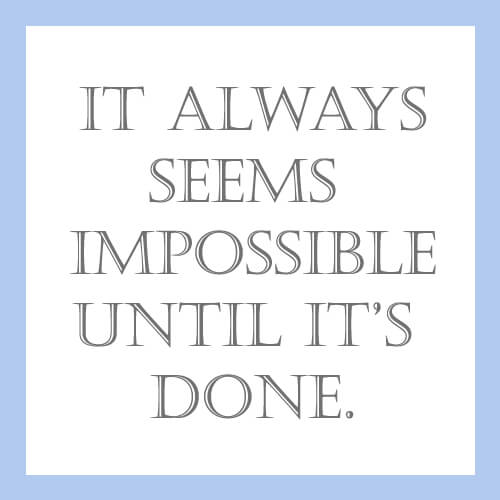Nelson Mandela: Lessons for Future Orators

* First appeared in The Atlantic Post
“When a man has done what he considers to be his duty to his people and his country, he can rest in peace. I believe I have made that effort and that is, therefore, why I will sleep for the eternity.”
– Nelson Mandela, 1994
Nelson Mandela’s life, legacy and contributions to humanity will be studied for generations to come.
Mandela’s skill as a wordsmith and communicator will also be studied for generations to come.
Whether his longer address at the opening of his trial 49 years ago in 1964, or his statement upon his release from prison in 1990, Mandela clearly understood the power of words and language.
The sentences that Mandela closed with, both prior to imprisonment and upon his release were carefully chosen, extremely powerful, and symbolize why he is one of the most revered figures in modern history. The final lines clearly articulate his message:
“During my lifetime I have dedicated myself to this struggle of the African people. I have fought against white domination, and I have fought against black domination. I have cherished the ideal of a democratic and free society in which all persons live together in harmony and with equal opportunities. It is an ideal which I hope to live for and to achieve. But if needs be, it is an ideal for which I am prepared to die.”
-April 24, 1964
-February 11, 1990
Mandela is certainly one of the most effective orators in modern history. Mandela’s contributions to oratory and public speaking are many. Here are six:
1) Message Development –
When reading or listening to a Mandela speech (unfortunately there are few videos available to Mandela pre-imprisonment) his message is consistently well constructed, audience appropriate and…consistent.
2) Expression –
Nelson Mandela was masterful at utilizing his facial muscles for emphasis whenever he spoke. His smile could light up any room, and served as a huge highlighter when delivering key lines. I am always particularly moved by his eyes – at some points when he speaks, even on a video clip, it often seems that he is directly looking at you. Which leads to…
3) Presence –
Mandela carried himself like a man 20 years younger than his age. When speaking, it was clear he knew the power of nonverbal communication – he stood straight, shoulder’s back, no swaying, no rocking. He spoke with a measured cadence, and effectively utilized pausing to emphasize key points. Before he spoke, it was clear that a leader was on stage.
4) Rhetorical Devices –
Like legendary orators before him, Mandela artfully utilized rhetorical devices to support his messaging. Examples of devices include metaphor, anaphora, allusion and repetition.
5) Quotations –
One of the greatest gifts that Mandela has left future orators is a treasure chest of powerful, impactful quotations to open or close a speech or presentation; or to utilize to support key messages. The Nelson Mandela Centre of Memory offers an entire book of his quotations – visit www.nelsonmandela.org for more information.
6) Word Selection –
Nelson Mandela clearly understood the power of words and language. In a world where public figures often discount the power of word selection, Mandela clearly knew that many, many people were closely listening to every word he spoke. His address upon release from prison illustrates Mandela’s respect for the power of word selection.
As he stated when closing the 13th Annual International Aids Conference in Durban in 2000:
It is never my custom to use words lightly. If twenty-seven years in prison have done anything to us, it was to use the silence of solitude to make us understand how precious words are and how real speech is in its impact on the way people live and die.